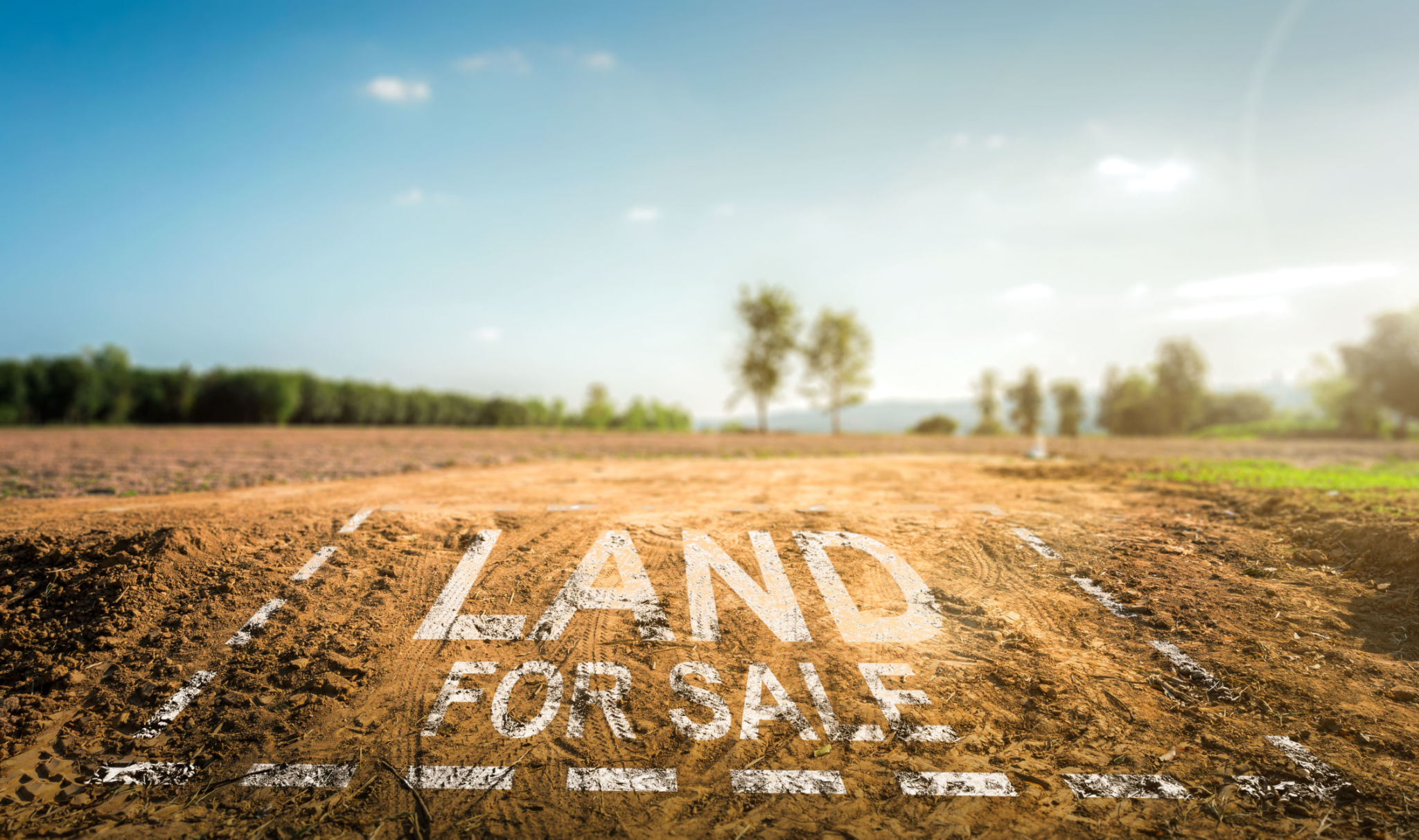Understanding the Online Land Sale Process: A Seller's Guide
Introduction to Online Land Sales
In the digital age, selling land online has become a popular and efficient way to reach a broader audience. Leveraging technology not only simplifies the process but also provides sellers with access to potential buyers worldwide. However, understanding the nuances of the online land sale process is crucial for maximizing returns and ensuring a smooth transaction.

Preparing Your Land for Sale
Before listing your land online, it's essential to prepare it adequately. Start by gathering all necessary documents such as the deed, surveys, and any zoning information. This documentation will help potential buyers make informed decisions and streamline the closing process.
Next, consider having your land appraised to determine its market value. An accurate appraisal can set a competitive price, attracting more buyers and reducing the time your property spends on the market. Additionally, take high-quality photographs to showcase your land's best features. Photos are crucial in capturing the interest of online buyers.
Selecting the Right Platform
Choosing the right platform to list your land is a key step in the selling process. There are numerous online real estate marketplaces, each with its audience and fee structures. Research these platforms to find one that aligns with your goals and offers the best exposure for your property.
Consider platforms that specialize in land sales as they often attract serious buyers specifically looking for land investments. Additionally, evaluating the platform's user interface and support services can provide insights into how efficiently your listing will be managed and marketed.

Creating an Effective Listing
Once you've chosen a platform, it's time to create an effective listing. A compelling title, detailed description, and clear visuals are vital components. Highlight unique aspects of your land, such as proximity to amenities, potential for development, or natural features like views or water access.
Incorporate keywords that potential buyers might use when searching for land online. This improves the visibility of your listing in search results. Additionally, be transparent about any restrictions or conditions associated with the property to build trust with potential buyers.
Negotiating with Buyers
After receiving inquiries from interested parties, the negotiation phase begins. Be prepared to answer questions about the land and its history. Understanding buyer motivations can help tailor your responses and offers effectively.
Be open to offers but also know your minimum acceptable price. A successful negotiation should leave both parties feeling satisfied with the transaction. If necessary, consider hiring a real estate agent or attorney to assist with complex negotiations.

Closing the Sale
Once an agreement is reached, it's time to close the sale. This typically involves drafting a sales agreement, conducting a title search, and handling any legal requirements specific to your location. Ensure that all paperwork is complete and accurate before proceeding.
Depending on the complexity of the sale, it might be beneficial to involve professionals such as real estate attorneys or closing agents. They can manage the documentation and ensure that all legal aspects are addressed.
After the Sale
After closing, ensure that all transfer documents are filed correctly with local authorities. This step finalizes the ownership change and is crucial for both parties' records. Additionally, review any feedback from the buyer or other involved parties to improve future transactions.
Concluding an online land sale successfully requires attention to detail and effective communication throughout the process. By understanding and navigating each stage strategically, sellers can achieve favorable outcomes and a smooth transaction experience.
